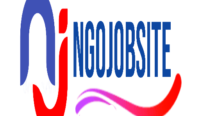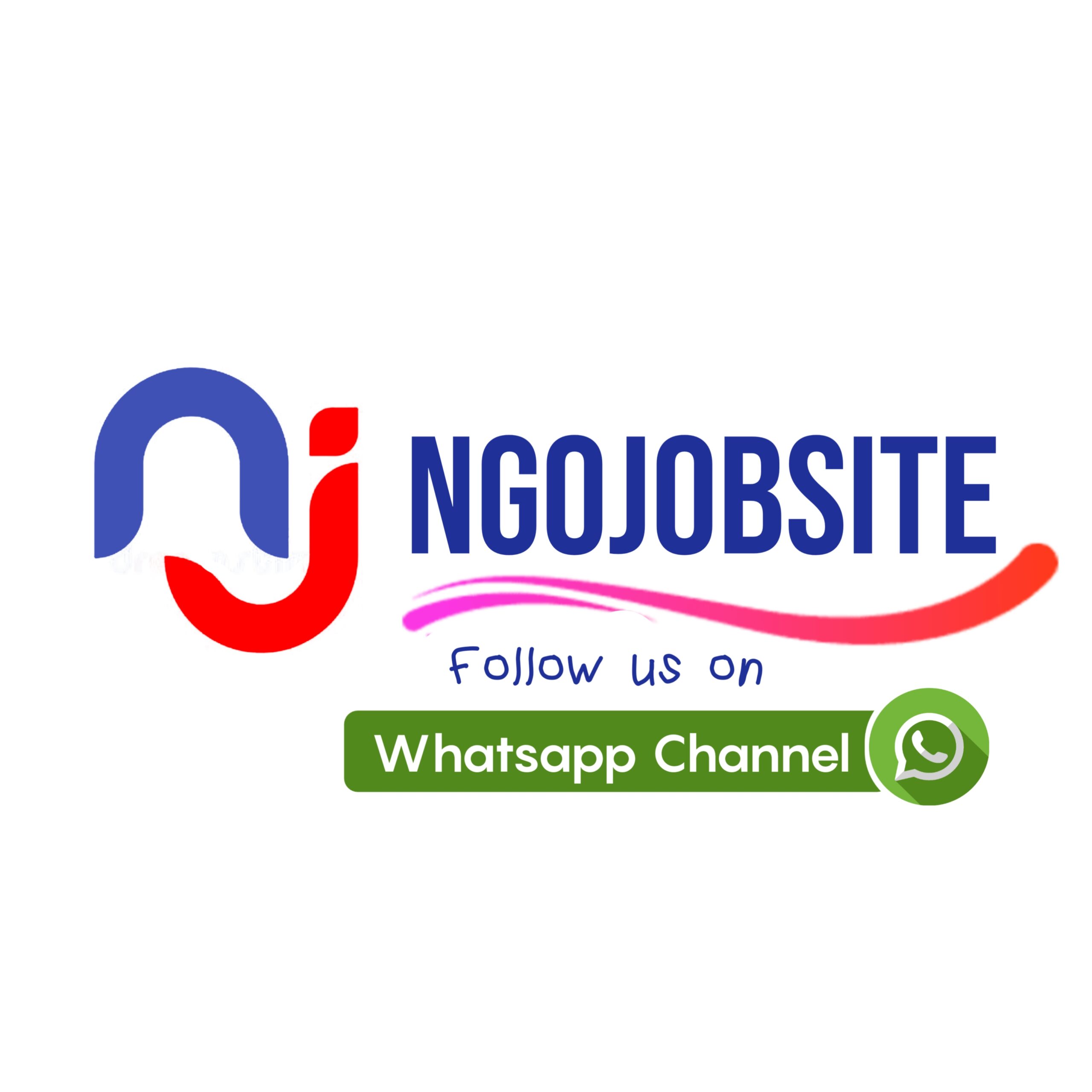
The Civil Society Scaling-Up Nutrition in Nigeria (CS-SUNN) is a non-governmental, non-profit making coalition, made up of organizations with a shared vision to transform Nigeria into a country where every citizen is food and nutrition secured. We pursue this lofty goal by engaging government and non-state actors to raise awareness, sustain commitment and actions to effectively tackle under-nutrition in Nigeria. The coalition was formally launched on the 7th of August, 2014. We have a common vision with clearly defined roles and responsibilities, clear accountability and sustainability framework. The guiding principles of the alliance include; Evidence based decision making, Gender mainstreaming, Equity, Feed- back, Diversity, Value for money Transparency and Integrity.
- Job Type: Full Time
- Qualification: BA/BSc/HND , MBA/MSc/MA , PhD/Fellowship
- Experience: 5 years
- Location: Abuja , Kaduna , Kano , Lagos , Nasarawa , Niger
- Job Field: Consultancy
Purpose of Assignment
CS-SUNN kicked off the implementation of a three-year- PINNS Project in October 2021 and within this period the project has worked to improve nutrition systems at national and state levels by promoting accountability, strengthening capacity, and conducting advocacies for increased funding, programme implementation specifically, domestication of the National Multisectoral Plan of Action for Nutrition.
The primary purpose of this endline evaluation is to:
- Assess the extent to which the project achieved its objectives and results.
- Evaluate the efficiency of the project implementation.
- Determine the relevance of the project strategies and approaches.
- Measure the impact of the project on the target beneficiaries.
- Assess the sustainability of the project outcomes.
Specific Tasks
The specific tasks for the consultant are to:
- Develop and present an inception report.
- Facilitate a pre-activity planning meeting with the CS-SUNN Project Implementation/ Management team.
- Develop stakeholders’ specific questionnaires.
- Collect data at the National and subnational levels.
- Analyze data and produce a draft report with recommendations.
- Develop an aide-memoire of not more than 4 pages after data analysis.
- Facilitate a meeting with the CS-SUNN Project Implementation/ Management team to review findings and recommendations.
- Finalize the mid-term review report and submit it to CS-SUNN
Expected Deliverables
By the end of the assignment, the following output will be expected:
- An aide-memoire of not more than 4 pages
- Detailed PINNS 2.0 Endline evaluation report with recommendations of not more than 10 pages.
Scope of Endline Evaluation
The Consultant will review all relevant sources of information including documents prepared during the preparation phase (i.e. Policies, the Project Document, project reports including the Annual Project Report, project budget revisions, lesson learned reports, national/ subnational strategic policies and plans and any other materials that is considered useful for this evidence-based review).
The Consultant is expected to follow a collaborative and participatory approach ensuring close engagement with the Project Team, government counterparts (Nutrition line MDAs), and other key stakeholders as engagement of stakeholders is vital to a successful review. Stakeholder involvement should include interviews with stakeholders who have project responsibilities, including but not limited to the CS-SUNN project implementation team, Management team, CSOs, and Government personnel. The Consultant is expected to conduct field visits to two project locations as well as the Federal level and conduct telephone interviews with others: Kaduna, Niger, Kano, Nasarawa, Lagos and Federal.
Project strategy
The Endline evaluation is expected to answer these questions but is not limited to the following:
Effectiveness
- To what extent were the project objectives achieved? Review the problem addressed by the project and the underlying assumptions. Review the effect of any incorrect assumptions or changes to the context to achieving the project results as outlined in the Project Document.
- What were the major factors influencing the achievement or non-achievement of the project objectives?
Efficiency
- How well were the resources (financial, human, technical) used?
- Were activities cost-efficient and implemented in a timely manner?
Relevance
- How relevant were the project activities to the needs and priorities of the target beneficiaries?
- Were the project strategies and approaches appropriate and responsive to the context?
Impact
- What are the significant changes (positive and negative) produced by the project?
- How has the project contributed to the overall goal?
Sustainability
- To what extent are the project results likely to be sustained after the project ends?
- What mechanisms or strategies have been put in place to ensure the sustainability of the outcomes?
Project Implementation and Adaptive Management
- Evaluate the overall effectiveness of project management as outlined in the Project Document. Have changes been made and are they effective? Are responsibilities and reporting lines clear? Is decision-making transparent and undertaken promptly? Recommend areas for improvement.
- Assess any delays in project start-up and implementation, identify the causes, and examine if they have been resolved.
- Are work-planning processes results-based? If not, suggest ways to re-orientate work planning to focus on results.
- Examine the use of the project’s results framework/ log frame as a management tool and review any changes made to it since the project started.
- Assess the monitoring tools currently being used: Do they provide the necessary information? Do they involve key partners? Are they aligned or mainstreamed with national systems? Do they use existing information? Are they efficient? Are they cost-effective? Are additional tools required? How could they be made more participatory and inclusive?
- Project management: Has the project developed and leveraged the necessary and appropriate partnerships with stakeholders?
- Participation and public awareness: To what extent has stakeholder involvement and public awareness contributed to the progress towards the achievement of project objectives?
- Assess how adaptive management changes have been reported by the project management and shared with the Management/ Steering Committee/ Board of Trustees.
- Assess the internal project communication with stakeholders: Is communication regular and effective? Are there key stakeholders left out of communication? Are there feedback mechanisms when communication is received? Does this communication with stakeholders contribute to their awareness of project outcomes and activities and investment in the sustainability of project results?
- Review external project communication: Are proper means of communication established or being established to express the project progress and intended impact to the public (is there a web presence, for example?)
Type of Consultants Required
- The consultant should have extensive knowledge of the Nigerian Health/Nutrition systems and policy landscape with experience in implementing public health programmes, especially MNCH and nutrition-related services.
- The consultant will be expected to have an advanced degree in Public Health/ Health Planning, Policy and Management/ Public Policy/ Nutrition, Sociology or other related disciplines.
- S/He should have an in-depth understanding of how the Nigeria Nutrition Systems work, the challenges and how to address gaps and way forward.
- S/He must also have proven quantitative and qualitative research and drafting skills and extensive experience developing training curricula and materials.
- S/he must also have a proven ability and experience in leading and facilitating training workshops on multidisciplinary and multicultural terms, interdisciplinary skills, and the ability to communicate effectively as well as the ability to work independently and as a part of a team.
- Sensitivity to regional, political, gender, and cultural balance, readiness to travel across the states by road/air and a high standard of professionalism will be added advantages.
Interested consultants who meet the qualifications are to send an expression of interest by submitting a formal application with the following:
- Curriculum Vitae
- Technical offer containing work plan, methodology, and past similar experience.
- Proposed budget with (a) daily consultancy fee – all taxes and duties included (b) travel, accommodation, and subsistence costs (if applicable).
Timing of Consultancy
The assignment will be carried out in Abuja and the project states; Kaduna, Niger, Kano, Nasarawa, and Lagos will last for 20 working days between September and October 2024.
| Activities | Duration |
| Pre-planning meeting | 1 day |
| Data Collection | 12 days |
| Report writing | 6 days |
| Meeting to review the draft report | 1 day |
| TOTAL days for consultant | 20 days |
Application
Interested candidates should send their complete proposal via mail to [email protected] on or before 5TH July 2024.
Please address correspondence to:
The Executive Secretary,
Civil Society – Scaling Up Nutrition in Nigeria (CS-SUNN)
Plot 203 Cadastral Zone B02
Off Oladipo Diya Way (Beside Concordia Apartments)
Durumi District
Abuja.
Method of Application
Interested and qualified candidates should forward their CV to: [email protected] using the position as subject of email.



